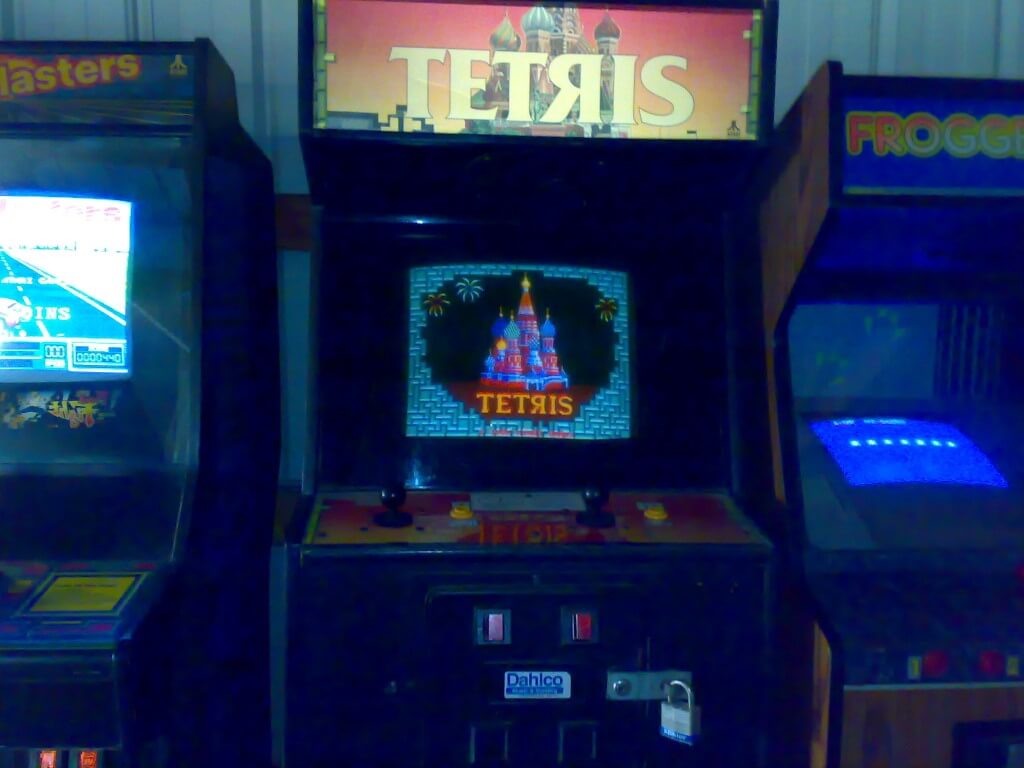Blockchain – should we fear it or should we invite it on the condition it boosts the online casino experience? To analyze how this could happen, we first need to focus on why any traditional casino would require improvement in the first place.
There are a fair few advantages that come with blockchain and that can be specifically leveraged to sweeten the online casino experience. Let’s have a look.
1. Make Online Casino Transactions Light and Fast
If there are still some issues with the traditional casino experience, this chiefly has to do with the fact that payment processors could be somewhat slow to honor a payment. Just about anything could throw a minor spanner in the works when requesting to cash out your money.
Yet, with blockchain, none of this is actually an issue. You can place a deposit or withdrawal request and, within minutes, the money will be dispatched to your account, and moments later, it will show up on your cash balance.

The expedience of individual transactions blockchain could potentially spearhead in iGaming – and already is – is an enormous boon to the overall experience.
You wouldn’t find any other financial asset that rivals it, and if you think blockchain transactions are a bit outré still, just remind yourself that JP Morgan is operating its own cryptocurrency to save up on some money!
Why should online casinos be any different? You are correct, they shouldn’t – and thanks to blockchain, they aren’t.
2. Build on a Completely New Gaming Experience
Blockchain will also occasion another important change in the overall iGaming space – games developed purely to appeal to crypto gamers. These products will go beyond traditional genres such as slots and table games.
In fact, they would remind players of indie or arcade computer games, adding a host of elements to the overall experience. Presently, the crypto iGaming space is busy with dice options whereby you can control both the potential payout as well as the probability of that outcome – sacrificing one for the other, though.
Some developers, and especially casinos, have developed their own unique multi-layered games, though, that go well beyond that.
3. Separating FIAT from Gambling Money
Most new popular crypto projects have kickstarted their own tokens will help you enjoy gambling without the need to bet any actual money – or very little at first. Apart from established currencies, such as Bitcoin, you can also explore a variety of digital currencies created with the sole purpose of boosting online gambling. Some of the names here include:
- WINK
- CasinoCoin
- Wagerr
- PlayChip
- DAObet
These tokens are often awarded as part of raffles and other contests organized on the social media channels of these companies, as they are fairly new projects.
If you prefer to stick with traditional crypto gaming, though, you can visit RealMoneyGambling.com and find out more about some of the established websites that use what we would call traditional cryptocurrencies for a want of a better word.
4. Let’s Be Honest about Anonymity
While anonymity is a big part of the experience and many articles would suggest that the blockchain online casino experience is completely anonymous, that is not necessarily so. To some extent, all casinos – blockchain-powered or otherwise – would need to confirm your identity.

As most digital tokens become part of a regulated system, it’s increasingly expected for most casinos to have to do KYC and AML checks, which can be automated in most cases.
Truth be told, there are no clear-cut rules for how these verifications should be conducted, so establishing a framework for verifying players’ identity should also be part of the changes to the blockchain gaming space, and soon.
5. Does It Build Trust Among Participants?
Another interesting concept is that blockchain can actually help with bonding and increase trust between participants. Judging from blockchain-based and powered projects already running, the social element is crucial to the success of a project.
Transparency is advertised as a more than a virtue – it’s a guiding principle helping all operators to establish themselves and gain the momentum to push through in an industry that is sometimes associated with mistrust.
Using social media channels, however, and even live chats on the very websites, the operator is constantly monitored and if the circumstances demand it – criticized by the community – with the ultimate goal being improvement of the overall offer.
As it seems, the model has worked, because all most prolific blockchain-based iGaming portals today necessarily keep in touch with the community via live chat, social media and more.
6. Making Sure Things Are Regulated
Blockchain iGaming reflects demand and that in turn means that while legislation is still treading water, the sheer popularity of the segment is forcing regulators to take a more serious look. The Malta Gaming Authority (MGA), for example, has been working on a remote gaming license for blockchain casinos.
In the meantime, most iGaming websites acknowledge that regulation has proven a challenge, specifically where the crypto gaming experience goes. However, there are numerous success stories of companies that have managed to establish themselves in certain markets.
As most gaming blockchain executives put it, though, it’s a case-per-case basis, and legislation often has the treacherous habit of shifting on a whim, making it hard for most companies to be on point. Yet, the best ones always stay on top of events.
7. Better Gamification
We’ve already mentioned the innovation that goes into creating purely blockchain-based games, but it also comes with better gamification overall. It’s not a matter of just having an arcade-style games, it’s the ability to play and use skill to beat the game.
Blockchain gaming will make it possible to create realistic and riveting games that do not necessarily behave like gambling levels. True, you might need to unlock certain elements of the experience by paying the crypto fee, but that is a way to obtain access to more enjoyable features.
So far, blockchain companies don’t advertise their games as “skill-based,” but there is a clear indication that this is the future of the industry.